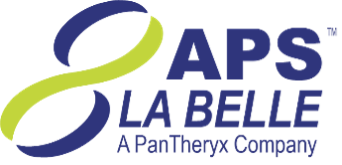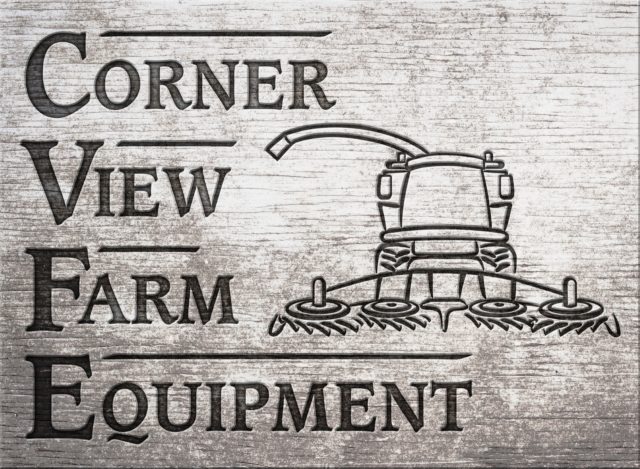In the May 21, 2011 issue of Progressive Dairyman, we published an interview with Amber Driscoll, corporate liaison for PETA. The intent of the article was to create industry awareness of the new dairy care standards PETA developed. It was not meant in form to declare an endorsement by Progressive Dairyman, Progressive Publishing and its publishers and employees. Since publishing the article, we’ve been asked to clarify this statement made by Driscoll: “PETA developed these standards with input from animal welfare experts Dr. Temple Grandin and Dr. Mohan Raj, and incorporated recommendations made by the dairy industry itself, including the National Milk Producers Federation (NMPF) and the American Association of Bovine Practitioners (AABP).”
Grandin, NMPF and AABP have each stated they have not had direct communication with PETA regarding the development of these standards. As of deadline, Progressive Dairyman had not received a response from Raj.
“We have not provided any input, nor had any interaction with them,” stated Chris Galen, NMPF.
“I was not involved in doing PETA’s standards,” Grandin said. “I have a lot of standards on my website [ www.grandin.com ] and they may have taken things off of there.”
NMPF and AABP also have animal care guidelines or position statements posted online that are accessible to the public. The items posted on these sites are in agreement with PETA’s first standard: “Keeping facilities clean and providing adequate flooring, hoof care and bedding.”
The same cannot be said in all instances for PETA’s other four standards involving euthanizing “downed” cows, ending dehorning and tail docking, banning the use of bovine growth hormone and providing group housing for female calves.
According to M. Gatz Riddell, Jr., DVM, Executive Vice President, AABP, “The implication that AABP recommends immediately euthanizing all ‘downed’ cows, ending the practice of dehorning, banning the use of rBST and providing group housing for female calves simply is a gross misrepresentation of one or more position statements that the AABP Board of Directors has approved.” PD




